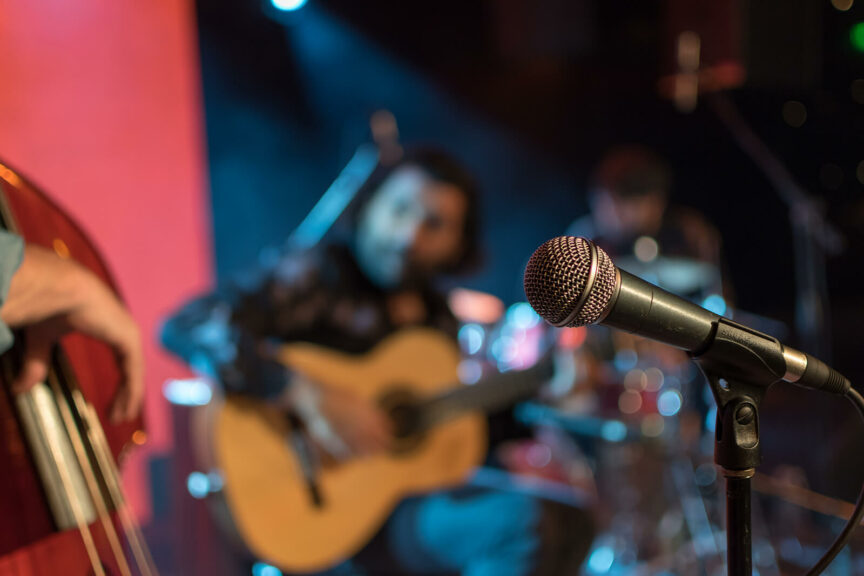- What to Know About Hearing Loss Accommodations in School - July 11, 2024
- Sign of Hearing Loss - June 10, 2024
- The Economic Benefits of Early Detection - May 6, 2024
Enjoying recreational activities is an excellent way to rejuvenate one’s body and mind. However, amidst the excitement, it’s crucial not to overlook the well-being of our ears. Protecting our auditory health during these ventures is often neglected, which can have long-term consequences. This blog post will explore effective ways to safeguard your ears during recreational activities while offering insights into why such precautions are necessary.
6 Simple Ways to Protect Your Ears
Understand the Risks Involved
Before diving into adventurous pursuits, it’s essential to understand the potential risks to our hearing. Engaging in activities such as motorsports, shooting, concerts, water sports, and even using personal audio devices can expose our ears to excessive noise levels, leading to irreversible hearing damage. Recognizing these risks is the first step toward prevention.
Invest in Ear Protection
Investing in suitable ear protection is paramount to mitigate the harmful effects of loud noise. Earplugs and earmuffs are readily available and offer effective shielding from excessively loud sounds. Select the appropriate protection based on the activity, whether water-resistant earplugs for swimming or shooting range earmuffs for shooting ranges. Remember, ensuring a snug fit is crucial to maximize the protection offered.
Turn Down the Volume
When recreational activities involve personal audio devices like headphones or earbuds, it becomes vital to regulate the volume. Listening at excessively high volumes, even for a short duration, can cause significant damage to our auditory system. Opt for noise-canceling or over-ear headphones, which allow you to enjoy your favorite tunes at lower volumes while blocking out external noise.
Take Regular Breaks
Remember to take regular breaks when engaging in prolonged activities featuring loud noises, such as attending music festivals or motorsports events. Stepping away from the noise for a while and allowing your ears some rest can significantly reduce the risk of noise-induced hearing loss. Utilize dedicated quiet zones or take periodic breaks in peaceful areas to give your ears the respite they deserve.
Be Vigilant Around Water
Water sports and recreational activities are a popular pastime for many. However, water can increase the risk of ear infections, commonly known as swimmer’s ear. To mitigate this risk, consider using specialized earplugs designed for water activities. These plugs can help prevent water entry and protect against potential infections. Additionally, gently drying your ears after coming out of the water can further safeguard against moisture-related complications.
Educate Yourself and Others
Knowledge is power, and sharing information about the importance of ear protection can help create a culture of safe practices. Communicate with friends, family, and fellow enthusiasts about the risks involved in recreational activities and how to protect their auditory health. Encourage them to adopt preventive measures and spread awareness about the necessity of ear protection.
Protective Hearing Devices
Regarding protecting your ears during recreational activities, several reliable devices can help safeguard your hearing. Here are some examples:
- Earplugs are small, soft inserts that fit into the ear canal, creating a barrier against excessive noise. Earplugs come in various types, including foam, silicone, and custom-molded.
- Earmuffs: Earmuffs consist of ear cups lined with sound-absorbing foam and a headband that holds them securely over your ears.
- Noise-Canceling Headphones: These headphones use active noise-canceling technology to detect external sounds and generate sound waves that cancel out the noise.
- Swim Earplugs: Water activities can increase the risk of ear infections and temporary hearing loss. Swim earplugs are designed to keep water out of the ear canal, reducing the chances of infection and preventing moisture-related complications.
- Custom Hearing Protection: If you frequently engage in recreational activities that expose your ears to loud noises, consider getting custom-made hearing protection. It’s always a good idea to consult a hearing healthcare professional to determine the best protective devices for your needs.
Conclusion
In the pursuit of recreational enjoyment, let’s not neglect the health of our ears. By adopting these simple yet effective practices, we can protect ourselves from long-term hearing damage and continue to relish our favorite activities with peace of mind. Remember, prevention is always better than cure, especially regarding our precious sense of hearing. So prioritize your ear health and embark on your recreational endeavors confidently and carefully.

